When undertaking home improvement or repair projects, the choice between hiring a licensed or unlicensed contractor can have significant legal and financial consequences. Understanding the risks associated with unlicensed contractors and the benefits of choosing properly licensed professionals is essential for homeowners looking to safeguard their investments.
Risks of Hiring Unlicensed Contractors
Hiring an unlicensed contractor may appear to be a cost-effective option initially, but it carries substantial risks:
- Liability for Damages: If an unlicensed contractor causes damage to your property, you might be unable to claim those damages through your home insurance. Typically, insurance policies require work to be done by licensed professionals to cover any related damages.
- Legal Complications: Engaging with unlicensed contractors can expose you to legal risks, including being held liable for any accidents that occur on the job. If a worker is injured while working on your property, you could be responsible for their medical expenses.
- Financial Loss: Any advance payment made to an unlicensed contractor might be difficult, if not impossible, to recover in cases of inadequate or unfinished work. Moreover, you will likely have to pay out of pocket for any repairs or completion of the job initially contracted.
- Ongoing Unlawful Activities: Without proper licensing, a contractor operating illegally may continue to accept and work on new jobs, potentially leading to more cases of fraud and substandard work quality affecting other homeowners.
Benefits of Verifying Contractor Licenses
To ensure you’re hiring a legitimate and qualified contractor, it’s crucial to verify their licensing status through reliable sources such as the Contractors State License Board (CSLB) in California. Here’s how verifying a contractor’s license can benefit you:
- Legal Protection: Licensed contractors are required to meet specific standards and qualifications, which generally include having liability and workers’ compensation insurance. This protects you from being held liable for injuries or damages.
- Quality Assurance: Licensed professionals are more likely to adhere to building codes and industry standards, ensuring high-quality work that is compliant with local regulations.
- Financial Security: Should anything go wrong during the project, being able to hold a licensed contractor accountable provides a pathway for official complaints and resolution, including potential compensation.
How to Check for a Contractor’s License
Before hiring a contractor, take these steps to ensure they are appropriately licensed:
- Use official resources like the CSLB’s online license check to confirm the contractor’s license status.
- Review their insurance and bonding information to ensure it’s adequate and current.
- Look at both the quantity and quality of reviews and investigate any potential red flags or complaints.
Taking the time to verify a contractor’s credentials can save you from significant expenses and legal troubles. Always ensure that any contractor you hire for work costing over $500 is properly licensed and insured, as this not only safeguards your project but also aligns with legal requirements, protecting you from unforeseen liabilities.



